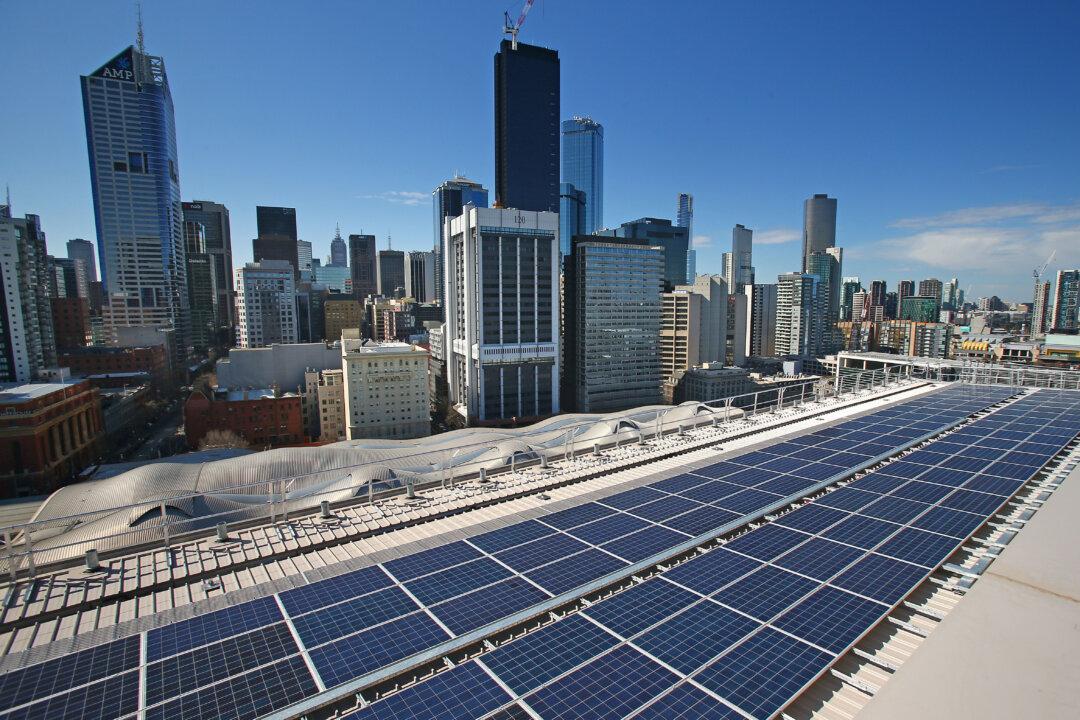Australian tech billionaire and climate activist Mike Cannon-Brookes has clashed with AGL Energy’s board over its demerger plans after becoming the company’s largest shareholder.
This clash comes just short of two months after Cannon-Brookes failed to take over Australia’s largest electricity generator in March to speed up the company’s decarbonisation process.





